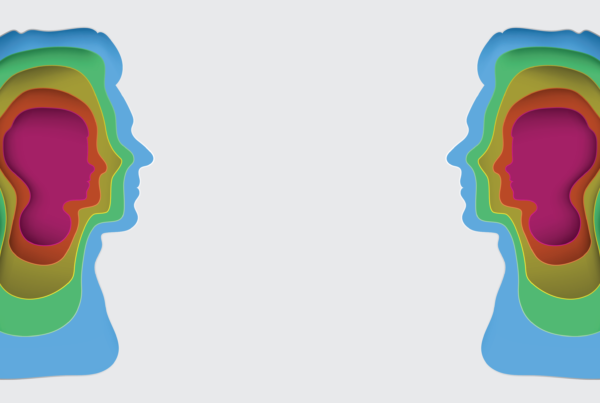
A Year of Grief and Loss
By Richard J. Loebl, LCSW, BCD
We thought that 2016 would be remembered mostly as a unique year in politics – one of the most intriguing and disturbing presidential elections of all time. Now it seems like 2016 may be remembered mostly as a year of tragedy, grief and loss. The mass murder of 49 young, innocent people in Orlando was heartbreaking and deplorable. And with the year only half over, we’ve also lost many other talented, influential and inspiring individuals. Muhammad Ali, Prince, David Bowie, Christina Grimmie, Nancy Reagan, Patty Duke, Morley Safer and many others. For those of us who have lost friends or family members, the grief is much more acute and painful. The coping skills we teach at our Center somehow seem inadequate to address this level of sorrow.
Reactions to Grief and Loss
Most of us know about the “normal” reactions experienced with grief and loss. Coping skills can be helpful, but we still experience overwhelming, painful feelings. Some of the most common reactions include:
o Sorrow – The feeling of sorrow includes intense sadness, anguish and desolation. Undoubtedly, sorrow is the most common emotional response to grief and loss.
o Anger is also a common reaction to loss. Anger is the natural and biologically driven fight instinct – when we need to blame and “push back” against the real or perceived cause of our loss. And anger is the way we protest against the loss.
o Denial and a sense of unreality. This is one of our most natural, inborn coping skills. When we are shocked or overwhelmed by the magnitude of a loss, the brain needs time to adjust to this new, excruciating reality.
o Guilt – When my father died I experienced an overwhelming sense of guilt. I thought I should have known more about his condition – I should have done more to help him. I should have spent more time with him. The feelings are commonplace, but terribly disturbing. Therapy helped me correct these somewhat irrational and unnecessary beliefs.
o Anxiety and Fear – Anxiety often results from denial or suppression of unwanted, painful feelings. When we struggle against our feelings, our feelings tend to push back. We also experience fear at times of great loss because of our basic vulnerabilities – such as fears of being alone or abandoned, and fears about illness and our own eventual death.
“The reality is that you will grieve forever. You will not ‘get over’ the loss of a loved one; you will learn to live with it. You will heal and you will rebuild yourself around the loss you have suffered. You will be whole again but you will never be the same. Nor should you be the same nor would you want to.” – Elisabeth Kübler-Ross-
Coping Skills for Grief and Loss
In the first paragraph of this article I mentioned that the coping skills we teach and practice seem inadequate at a time like this. While these coping skills have proven to be effective and necessary in dealing with grief and loss, they are inadequate because we need to feel bad. We need to feel anger and sadness because these feelings help us to cope with a loss that seems unacceptable.
1. Give yourself permission, and time, to feel and to think about your loss. Eastern philosophy teaches us that pain in life is mandatory – but suffering is optional. We suffer when we struggle against our thoughts and feelings. Acceptance is the key.
2. Express these thoughts and feelings openly and without judgment. Crying and appropriate expression of angry feelings is healthy. Journaling or expressive art work can be helpful. And sharing with a trusted and understanding person is very important.
3. Take care of yourself physically. Eat regular meals even if you’re not hungry. Try to get enough sleep, and consult your doctor if you can’t sleep for more than a few days. Meditate, pray, exercise or do yoga. Physical health and mental health are inextricably linked.
4. Support or bereavement groups are available in most communities. Check with your local hospital, your county or city community services division, or local non-profit service agencies.
5. Seek professional help if you are unable to function normally at work, school or at home after a reasonable period of time. There is no prescribed time period for grief and loss. It takes time for the feelings and thoughts to subside, and some of the feelings may always be there – at least just under the surface.
Another type of coping skill is the knowledge that we can always hold on to memories of those we’ve loved. There are times I will have imaginary conversations with my deceased parents – or “hear” their voices giving me advice or encouragement.
“Death ends a life, not a relationship.” – Mitch Albom, Tuesdays with Morrie –
The counselors and therapists at our Center have a great deal of personal and professional experience in dealing with grief and loss. Please contact us today for further information about coping skills and professional support for dealing with trauma and loss.







